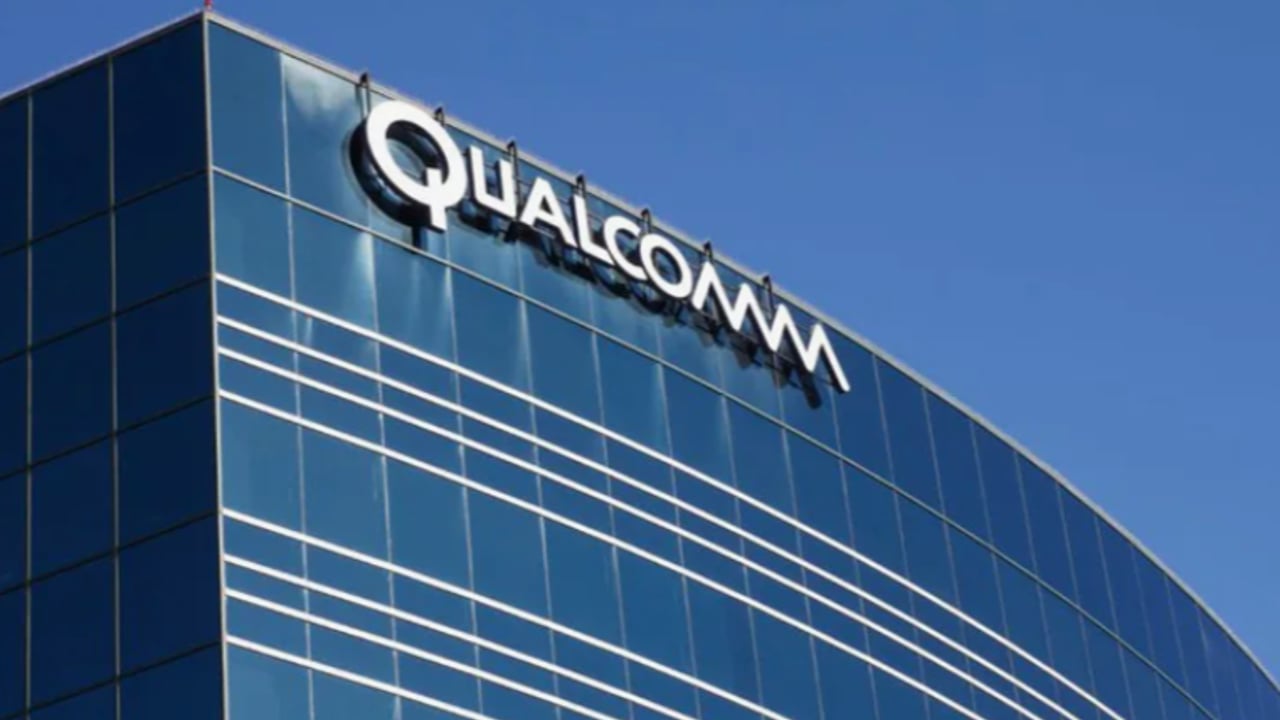As the world's second-largest economy, China continues to take active steps to enhance its business climate amidst rising international sanctions and trade restrictions. This Friday, executives from major international companies including BMW, Mercedes, and Qualcomm are set to meet with Chinese President Xi Jinping. The dialogue is expected to focus on developing mutually beneficial cooperation and attracting new foreign investments.
This meeting follows significant discussions held during the China Development Forum (CDF), where Chinese Premier Li Qiang emphasized the need to open markets and overcome global economic instability.
Context of the Meeting
The global marketplace is tense, with China facing reduced foreign investments amid high tariff barriers from the United States. Conversely, global companies are seeking growth opportunities in the largest Asian market. China's consistent policy of increased control over certain economic sectors and heightened government intervention has deterred some investors in recent years. However, the new initiatives, including this meeting, aim to change this course.
During the CDF, Li Qiang emphasized the necessity of creating a comfortable business environment to attract more international partners and actively utilize macroeconomic tools to stimulate growth.
Key Figures of the Meeting
The meeting in Beijing on Friday is expected to include top executives from the following companies:
1. BMW. The German auto manufacturer has long established itself in the Chinese market and aims to strengthen its presence amid growing competition, especially from local electric vehicle producers. For BMW, China remains a key market where the company sells millions of cars annually.
2. Mercedes-Benz. Another automotive giant for whom China holds strategic significance. Mercedes is actively expanding its range of electric vehicles targeting Chinese consumers. The company leadership is interested in stable and predictable business conditions in the country.
3. Qualcomm. U.S.-based corporation manufacturing chips and processors sees China as a main partner for expanding supply chains and increasing sales amid complicated U.S.-China relations.
Geopolitical and Economic Context
According to one source, the talks with foreign businessmen occur amidst political instability in the global economy. Sanctions and tariffs imposed by the U.S. have significantly limited the volume of China's foreign trade with other major countries.
Nonetheless, China remains an extremely attractive market for global corporations due to the following factors:
- The largest consumer market: The Chinese economy ensures demand for automobiles, electronics, pharmaceuticals, and other goods.
- Developed manufacturing base: Production in China remains competitive compared to many countries despite rising labor costs.
- Accelerated transition to a "green" economy: China actively supports the development of electric vehicles and renewable energy-related technologies.
On the other hand, international players also face challenges, including pressure on local production, regulatory barriers, and complex political relations between China and the U.S.
Outcomes of the Past Week
The China Development Forum, which served as one of the platforms for preparing Friday's meeting, discussed the prospects of measures to support foreign investors. Premier Li Qiang assured participants that China's economy is ready for transformations that could strengthen its competitive positions.
Key topics included:
- Opening Chinese financial markets for international corporations.
- Combating global economic instability.
- Supporting digital transformation and innovative development, including the rollout of 5G technologies, where Qualcomm is actively promoting its developments.
Attendees also included representatives from Apple, Pfizer, Mastercard, Cargill, and others, underscoring the forum's significance for the global business elite.
Prospects for Foreign Companies in China
The upcoming meeting will be a pivotal event that may set the tone for future partnerships between China and leading global companies. Primary expectations of the negotiations include:
- Achieving agreements on stable investment and regulatory conditions: For automotive manufacturers, this could mean special conditions on the local market.
- Support for high-tech industries: Cooperation with U.S. companies like Qualcomm plays a vital role in technological development in and beyond China.
- Accelerating the ecological transition: Initiatives in green energy and reducing the carbon footprint will be critical areas of discussion.
Conclusion
The meeting of BMW, Mercedes, and Qualcomm executives with Xi Jinping signals a new wave of strategic initiatives from Beijing aimed at strengthening ties with international corporations. This could be a key step toward improving the investment climate and increasing trust from the global business community. Amid global economic uncertainty, China seeks to establish itself as a stable partner, offering mutually beneficial conditions for foreign companies.









It's fascinating to see how China is proactively engaging global businesses despite the mounting pressures!
It's encouraging to see China engaging with global businesses to strengthen its economy despite external pressures.
China’s push for better foreign investment is a crucial move in navigating the complexities of global trade today.